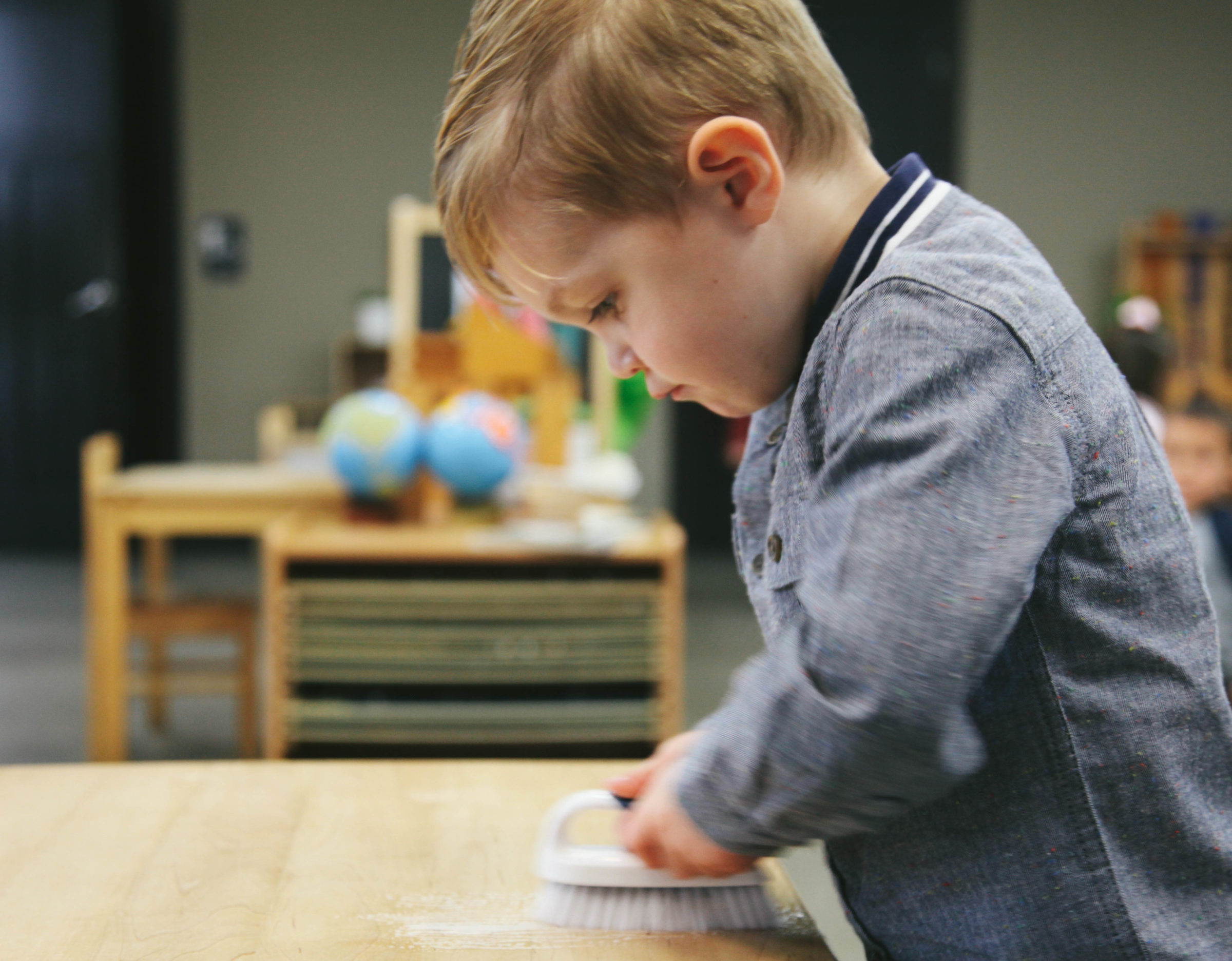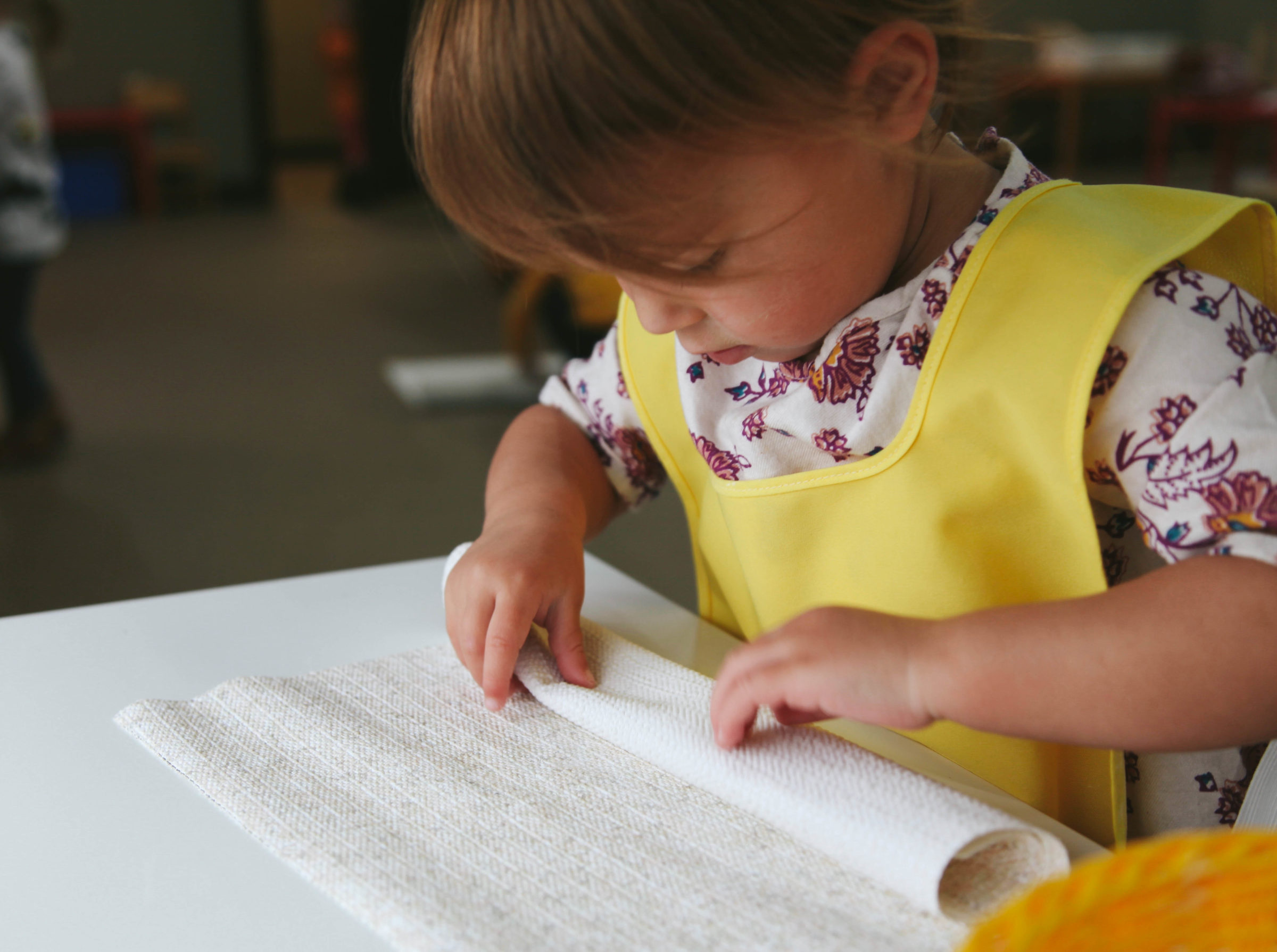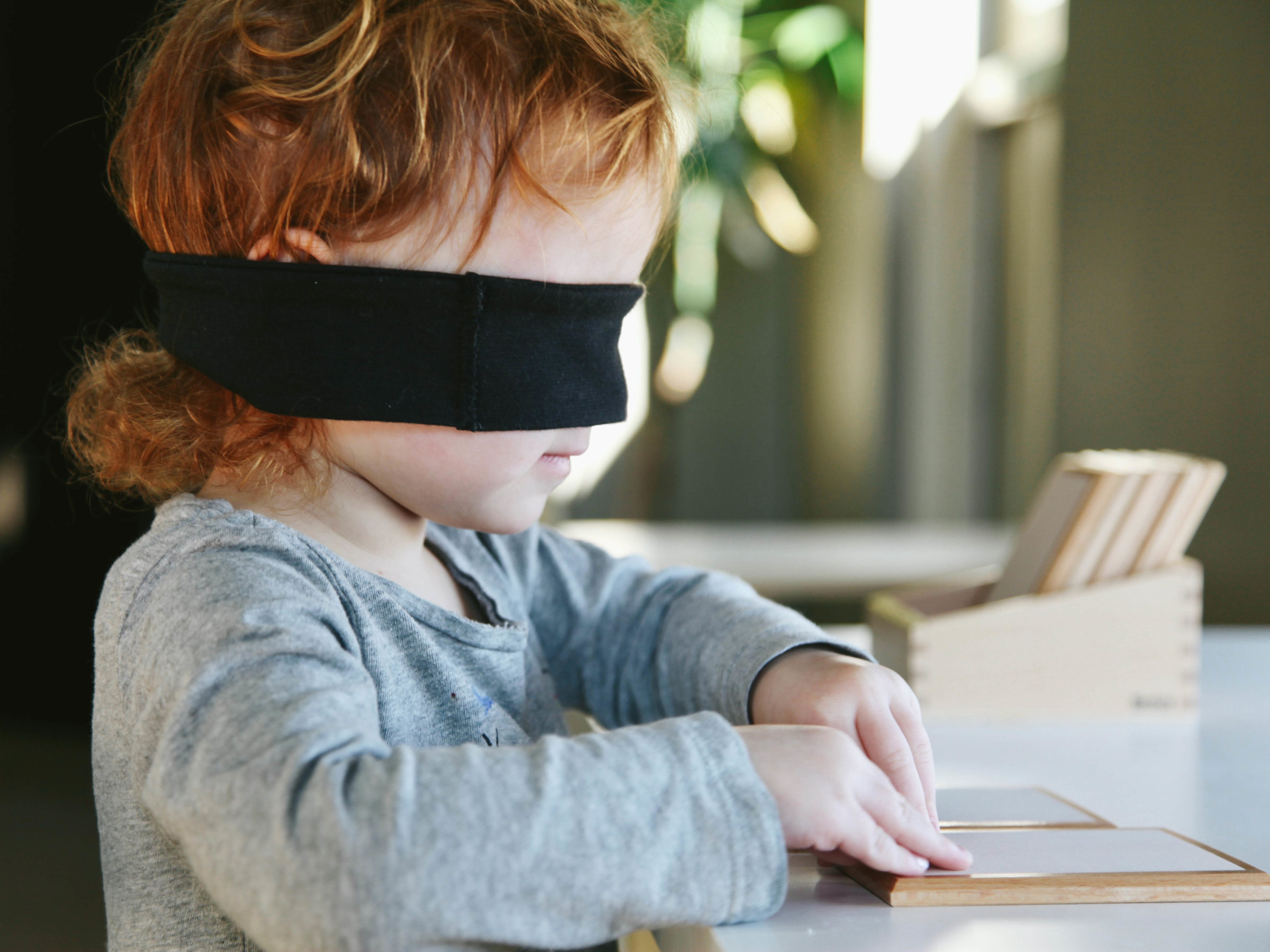This Year Is Different
Thoughts & Reflections
For a podcast of this post, listen here or subscribe on iTunes.
The start of the school year is always a bit bittersweet. Every start is also an ending, and it’s natural — healthy, even — to grieve a loss while we’re excited for a change. Here in South Dakota, we’re experiencing a dramatic shift of weather, a “false fall” as it were, after a warm, long, beautiful summer, and it’s only a small preview of what is to come.
We are ready for that pumpkin-spice-sweater-and-scarf life, we’re not quite ready to say goodbye to sandals and that “cooked” feeling of summer. We’re excited for back-to-school, but new shoes mean we’re growing and changing; joyful, to be sure, but getting only further from babyhood. I’m happy to go see my friends, but I’m going to miss my family, my most-favorites. It’s the push-me-pull-you of change that happens every year, but this year is different.
2020 has been a time of great change, hasn’t it? If this year has taught us anything, it is to expect the unexpected, get ready to pivot, call an audible, and other such euphemisms.
This year is not the usual turbulence of back-to-school. This year comes with local, national, global unrest, political and pandemic, weather and disaster, and change in nearly every aspect of our lives. Regardless of what “side” we find ourselves on, it’s a lot, and as much as we try to protect our children from what is going on, what affects us affects them, change can be processed as trauma, stress grates on us, and children do not have the ability or capacity to “work through” these challenges.
A year ago today, Baan Dek was hit by a tornado. We hear about our friends on the west coast being affected by wildfires, and our friends across the globe in Australia suffered catastrophic loss on every level due to fire. It’s an election year, which is always dramatic. There were and are protests, marches, demands for change, unrest. We are still in a global pandemic. It does not matter if these events directly affect your family or not, where you stand politically, what your beliefs are, if you’ve sheltered in place or attempted a sense of normalcy — this year has been a lot.
Children are incredibly empathetic, and what affects one of us, affects all of us, doubly so for children.
So while the start of the school year is always bittersweet, always emotional, always requires us to be present and compassionate and ready with a lap and a hand to hold and a hug, this year is different.
Maybe this year it’s a child’s first time back at school in six months, and we explained we weren’t going to school because it wasn’t safe. Yikes. How do we reconcile returning to school now? Even if we were exceptionally cautious and self-aware (well done, you!), we just spent a significant amount of time together, and now we have to be apart. That’s going to be hard!
Maybe we’re a family who limits screen time, and now we’re on screens a significant portion of the day. We’re both hungry for connection and human contact, and naturally reaching the limits of our tolerance for those people we love the most from whom we cannot get enough distance when we’re all at home together, whose breathing is just so annoying, who chews too loud, and there’s no house big enough for us after this much time.
Maybe technology is required and also unavailable. Maybe we’re experiencing food insecurity, or joblessness, or overworked. Maybe home isn’t a safe place to be, and yet it’s the only place we can be.
Maybe we have a respiratory condition and we’re grateful for the mask-wearing; maybe we have a respiratory condition and the mask is a stressor. Nearly everything is polarizing these days, and when it’s so personal, it’s natural to have very strong opinions, and to have difficulty understanding how anyone could believe or behave differently than we do.
This year is different.
This year, our role as educators involves a higher level of care, TLC, and trauma-awareness. We love these children, always, but this year is different. This year we’re doubling-down on relationships, on compassion, on self-awareness. We’re being made aware of how our hijab- or patka- or turban-wearing friends are adjusting to wearing coverings at home, now that school is home, and what compassion looks like in a Zoom classroom. We’re acutely aware of our language when we need children to ask for help from their “mom and dad,” and we find out their home life looks different from what our language implies. We’re finding alternatives to eating lunch together, to having children return materials to the shelf independently, to caring and helping one another without touching, to the “no technology” paradigms found in so many Montessori spheres, to how we get groceries, to how we interact, the list goes on and on and on.
Time moves in one direction, so we truly will never go “back.” Some of us are grateful, and working toward more change, quickly, it can’t come soon enough. Some of us are feeling a sense of loss for a life that felt just fine, and this is just hard, and “why” is at the forefront of our minds. Regardless of how we feel about these transformative times, or what changes we’re embracing or resisting in our lives, or what we think children are aware of, or what we even think affects us, change is happening, in an escalated, dramatic, sometimes unwilling fashion, emotions are high, and it’s natural to feel a bit out of control.

There’s always a Montessori analogy, isn’t there? We control what we can — we control ourselves and we control the environment and we create the conditions for success. We set high or low expectations, responding to the needs of this child, this group, this moment. We’re flexible and sturdy, secure and sensitive. Where we didn’t have homework before, yes absolutely I’ll make you a paper version to use at home! What was rigid before is now flexible, what was a given before is now a question, what was a regular expectation before is now a goal. And yet…
We will always find our way through. This year is different, but if we’re actually being honest and aware, aren’t they all? They’re not all different like this, but they’re different in their own ways. Each day brings its own challenges and joys, and maybe the biggest difference this year is the level to which we are asked to walk the talk — to follow, respect, and be responsive to the child, to be aware of the unique needs of each child as they are today, this minute, rather than expecting them to adapt to us, to thank them for showing us what they need and finding the one small way we can pivot to provide that. To extend Grace and Courtesy, to each child, and to the child in all of us.
Written by:
Baan Dek






